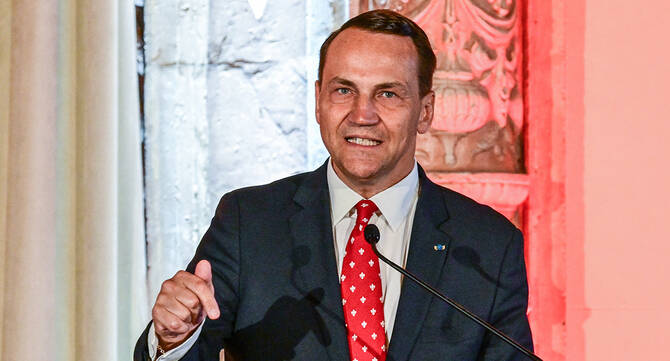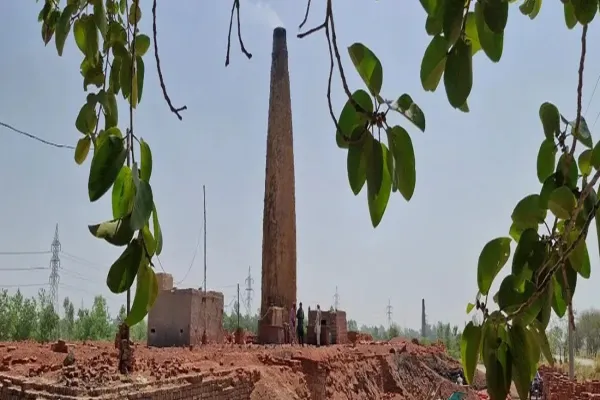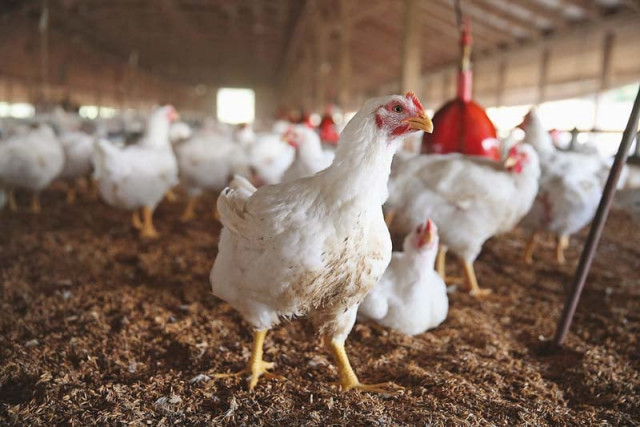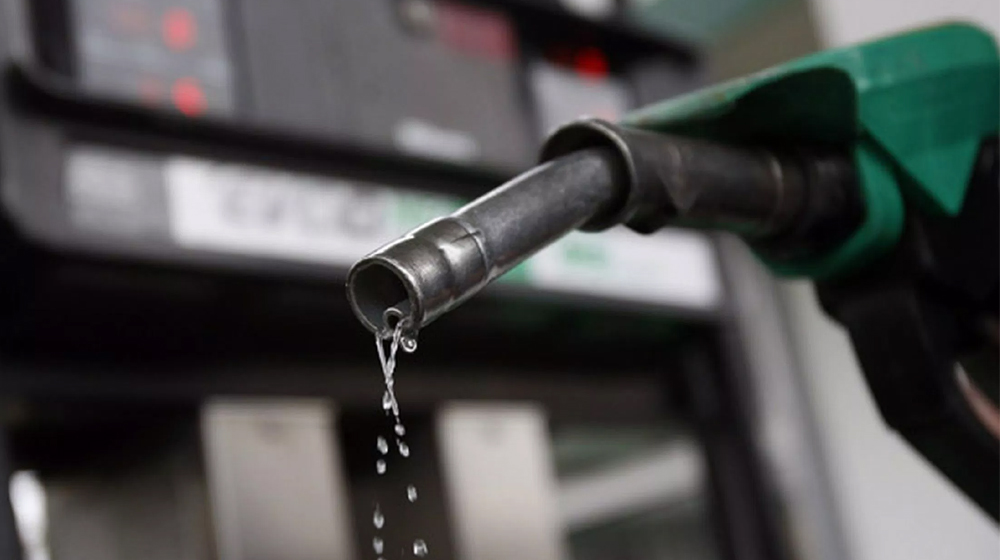According to a World Bank analysis on Pakistan's economic prospects, the recent destructive floods could cause inflation to rise and economic development to slow down. The analysis predicts that Pakistan's GDP growth rate will stay at (2.6%) for the current fiscal year (2025–26), which is much less than the government's goal of (4.2%). According to …
The World Bank Warns About Pakistan’s Slowing Growth And Growing Inflation.
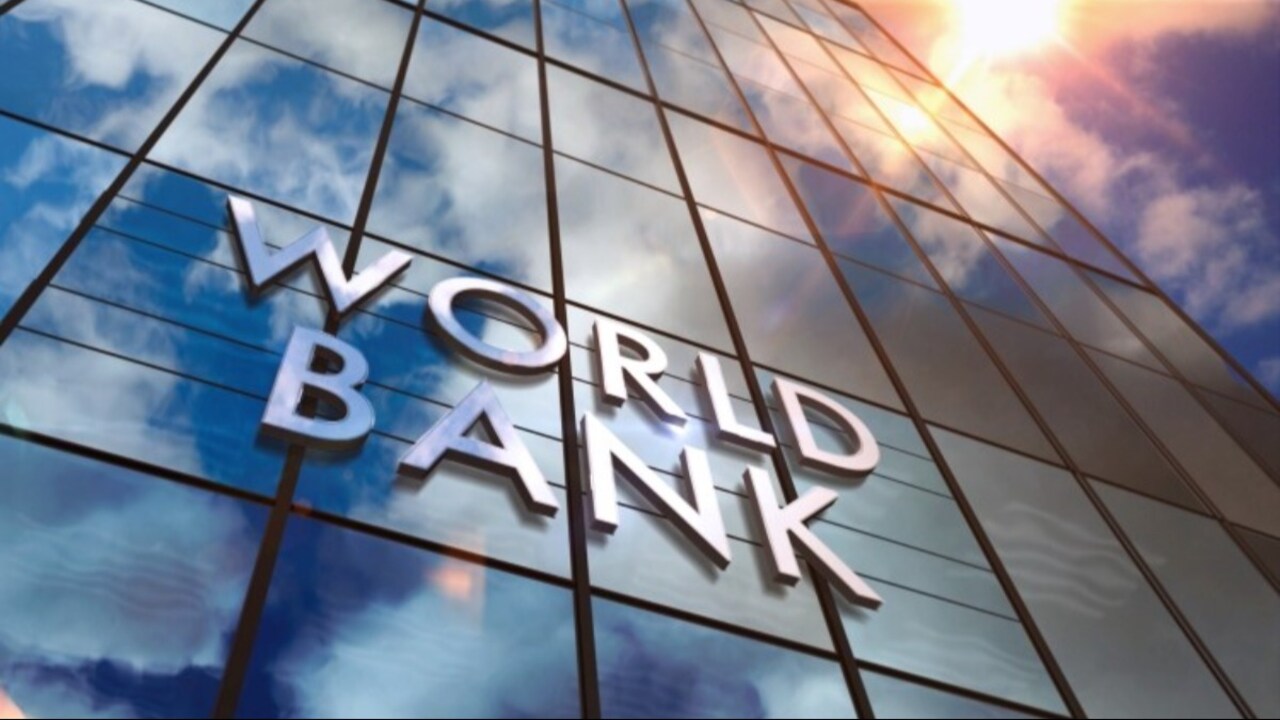
According to a World Bank analysis on Pakistan’s economic prospects, the recent destructive floods could cause inflation to rise and economic development to slow down.
The analysis predicts that Pakistan’s GDP growth rate will stay at (2.6%) for the current fiscal year (2025–26), which is much less than the government’s goal of (4.2%). According to the report, the GDP is anticipated to expand by (3.6%) during the upcoming fiscal year.
Damages from floods are expected to slow the rate of economic recovery, according to the World Bank, maintaining real GDP growth at about (2.6%) in FY(2025–2026). Over (7%) inflation is anticipated in the current fiscal year.
According to the report, Punjab’s agricultural output has decreased by (10%), with major crops including “rice, sugarcane, cotton, wheat, and maize” being most impacted. Food supply chains have been affected by the floods, and the fiscal deficit is predicted to increase to (5.5%).
It stated that the recovery of the agriculture sector will be crucial to the nation’s overall economy. According to the World Bank, Pakistan’s poverty rate could drop by (1%) in the upcoming year, from 44% in the current fiscal year to (43%) in FY(2026–2027).
According to the paper, the economy might be stabilized with the aid of fiscal reforms, improved tax collection, expenditure control, and agricultural recovery.
A decrease in tariffs is anticipated to increase exports below the (5)-year reform plan. Remittances and declining oil prices may help preserve the external balance, even though flood-related losses may severely weaken export performance.





